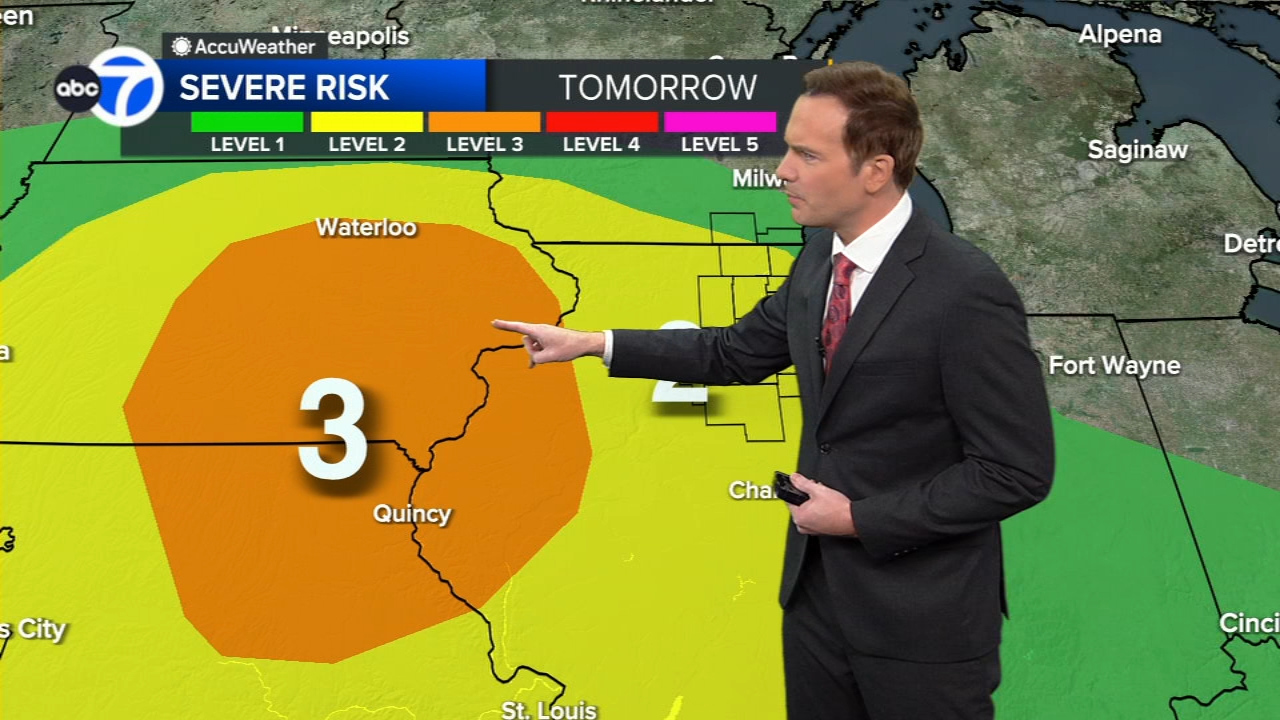Kellogg Recall of Eggo Waffle Batch Is the Latest of Listeria Concerns

The latest in a line of food recalls that involve possible contamination with listeria bacteria is a variety of the popular Eggo brand waffles manufactured by the Kellogg Co.
The company announced a voluntary recall of 10,000 cases of its Nutri-Grain Whole Wheat waffles, prompting concern over the growing list of listeria scares.
Previous product recalls related to listeria included Blue Bell ice cream, frozen vegetables and raw milk.
The bacterium at the center of these outbreaks, Listeria monocytogenes, is a stubborn pathogen that has proved difficult to head off.
Here are a few things to know about the bacterium and about the U.S. food recall process:
Which Waffles Have Been Recalled?
The Kellogg Co. has voluntarily recalled 10,000 cases of Kellogg Eggo Nutri-Grain Whole Wheat waffles, according to a company statement released yesterday. The recall affects products that were distributed in 25 states. The individual boxes of 10 waffles have the UPC Code 38000 40370 and a best-if-used-by date of Nov. 21, 2017, or Nov. 22, 2017.
A full list of affected states can be found here.
Why Were They Recalled?
During routine testing, Kellogg found a problem with its cleaning process, which left an opening for Listeria monocytogenes bacteria to possibly contaminate this batch of Eggo waffles. There have been no reported illnesses related to the recalled Eggo waffles, according to the company statement.
"The recall is a result of tests, which identified the potential for contamination and a gap in our sanitation process. As soon as we learned of a potential concern, we moved quickly to identify any foods that might be impacted and resolve the issue, " a spokesman for the Kellogg Co. said in a statement sent to ABC News. "This includes initiating a recall, halting production on the line in question, conducting a deep sanitary clean of the area and reviewing our cleaning and sanitation protocols with the relevant plant employees."
Bill Marler, an attorney who specializes in foodborne illness, said the news was actually a good sign about the state of the food industry.
"Companies should be encouraged to test and should [receive] a pat on the back for testing and recalling the product," he said. "That's the system working properly."
What Is Listeria?
The bacterium Listeria monocytogenes can cause dangerous infections, especially in pregnant women or people with compromised immune systems. The bacterium, which is often associated with foodborne disease outbreaks, can cause fever, muscle aches, diarrhea and other gastrointestinal symptoms. In severe cases, the infections can cause stiff neck, confusion, loss of balance and convulsions, according to the U.S. Centers for Disease Control and Prevention. Nearly everyone infected with the bacteria ends up with an invasive infection, meaning it moves outside the gastrointestinal tract.
The disease causes 1,600 illnesses and 260 deaths every year in the U.S. according to the latest CDC statistics, from 2011.
Pregnant women are at least 10 times as likely as the general population to develop a listeria infection - and the illness has been associated with miscarriage, stillbirth and premature delivery, according to the CDC.
Identifying the source of a listeria outbreak can be notoriously difficult, since the disease can incubate up to 70 days after exposure before a person develops symptoms.
Additionally, the bacteria can continue to grow even at refrigerated temperatures. Cooking contaminated foods to recommended temperatures can kill the bacteria.
How Is a Listeria Outbreak Detected?
While the recalled Eggo waffles have not been linked to any cases of listeria infection, health officials have been increasing surveillance for listeria in recent years in an effort to combat outbreaks.
Today when a person is diagnosed with a listeria infection, epidemiologists and other health experts can sequence the bacteria's whole genome - essentially creating a unique DNA fingerprint - and enter that into a federal database. If a second person is found to have the same kind of listeria infection, officials can find a match. This means a listeria outbreak can be tracked after just two people have been infected by the same source.




